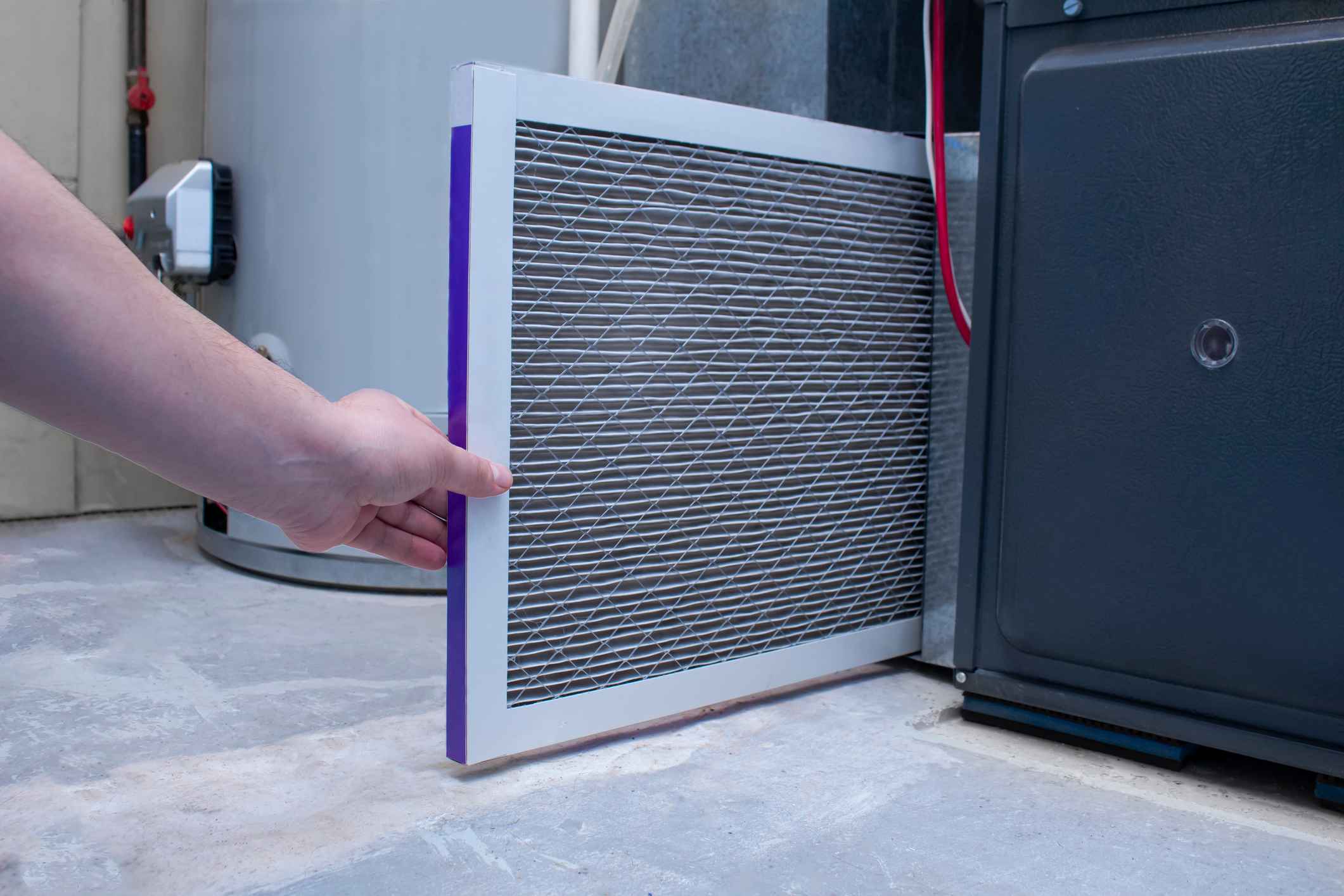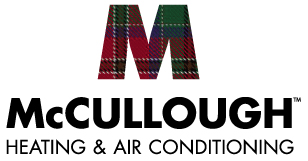4.8 Google Rating
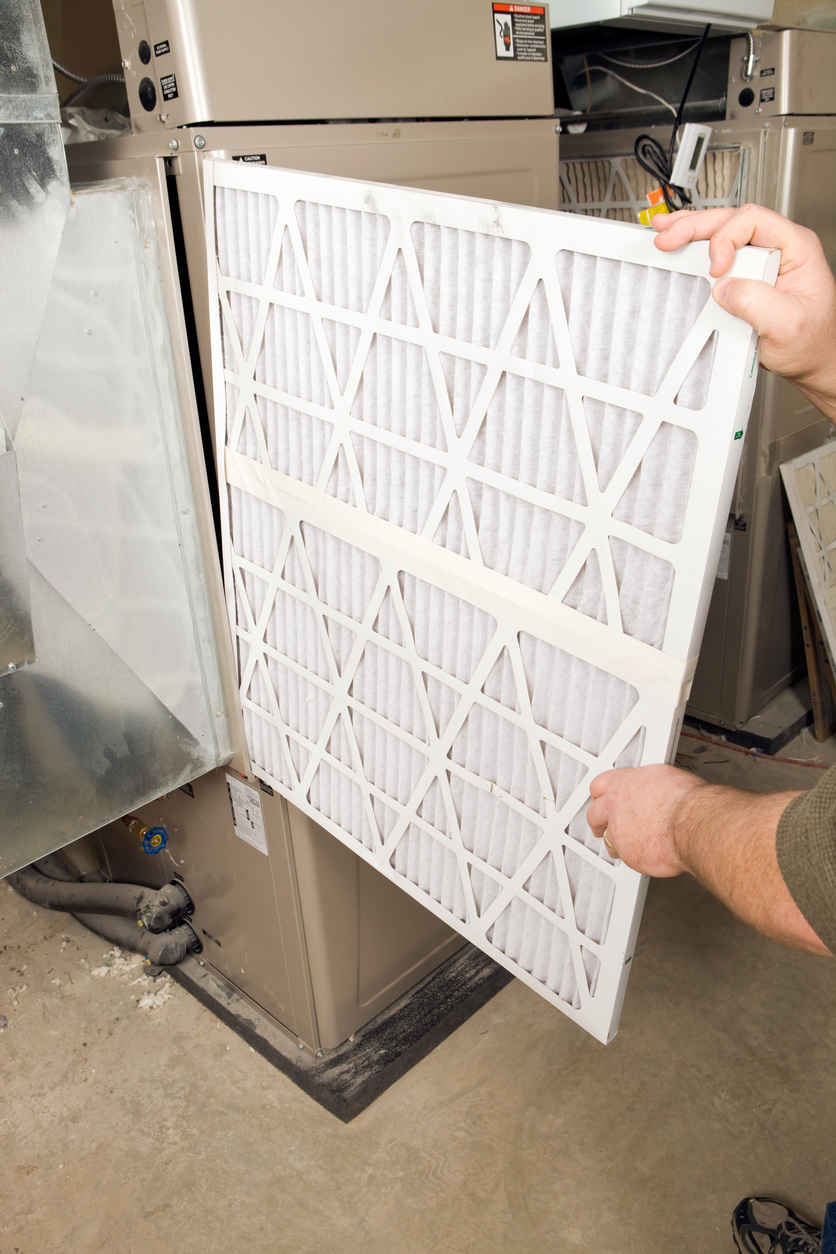
AC Air Filters: Clearing Up the Confusion
When it comes to keeping your HVAC system running smoothly and maintaining good indoor air quality, the air filter is a critical component. With various filter types, sizes, and ratings available, choosing the right air filter can be confusing. For Austin homeowners, where air quality and allergens are common concerns, understanding your options can make a big difference in comfort, efficiency, and air quality. Here’s a guide to clearing up the confusion around AC air filters and how to choose the best one for your home.
1. Understanding MERV Ratings and What They Mean
MERV, or Minimum Efficiency Reporting Value, is a rating system that measures a filter’s ability to capture particles. The MERV scale ranges from 1 to 20, with higher numbers indicating better filtration. Here’s a breakdown of common MERV ranges:
- MERV 1-4: Basic filters that capture larger particles like dust and lint. These are typically the least expensive but don’t provide much improvement in air quality.
- MERV 5-8: Mid-range filters that can capture smaller particles like mold spores and pet dander, making them a good option for most households.
- MERV 9-12: High-efficiency filters capable of capturing even finer particles like dust mites and pollen, ideal for homes with allergy sufferers.
- MERV 13-16: These filters are near HEPA quality and can trap bacteria and smoke particles. They are suitable for people with severe allergies or respiratory issues but may restrict airflow in some residential systems.
While higher MERV ratings offer better filtration, they can also restrict airflow if your system isn’t designed for high-efficiency filters. Choosing a filter that balances filtration with airflow is essential for optimal system performance.
2. Types of AC Air Filters: Which One is Right for You?
Several types of air filters are available, each with unique benefits and limitations. Understanding each type can help you choose the best option for your needs.
- Fiberglass Filters: These are the most basic type of filter, often rated between MERV 1-4. They’re inexpensive and primarily protect the HVAC system from dust, but they do little to improve indoor air quality. Fiberglass filters are ideal if budget is a priority and you don’t have concerns about allergens.
- Pleated Filters: Made of cotton or polyester, pleated filters provide better filtration than fiberglass and are commonly rated between MERV 5-12. They capture more particles and allergens, making them a popular choice for residential use. Pleated filters are generally affordable, providing a good balance of cost and efficiency.
- Electrostatic Filters: These filters use static electricity to attract particles, which makes them effective at capturing dust, dander, and other allergens. Available in both disposable and washable varieties, electrostatic filters are an eco-friendly option that requires periodic cleaning rather than replacement.
- HEPA Filters: High-Efficiency Particulate Air (HEPA) filters are rated above MERV 16 and can capture 99.97% of particles as small as 0.3 microns. While extremely effective, HEPA filters often restrict airflow and are usually not compatible with standard residential HVAC systems without modifications.
- Activated Carbon Filters: These filters are infused with activated carbon, which absorbs odors, smoke, and volatile organic compounds (VOCs). Activated carbon filters are particularly useful for homes with pets, smokers, or cooking odors, but they are typically used in conjunction with other filters for particle capture.
3. Balancing Air Quality and System Efficiency
While high-efficiency filters provide excellent air quality benefits, they can restrict airflow if your system isn’t built to handle them. Restricted airflow forces your HVAC system to work harder, potentially increasing energy costs and reducing the lifespan of the system.
To balance air quality with system efficiency, consider using a pleated filter with a MERV rating between 8 and 12. These filters capture a broad range of allergens and particles without overburdening most residential HVAC systems. If you’re considering a higher MERV filter, consult an HVAC technician to ensure your system can handle it without sacrificing performance.
4. How Often Should You Change Your Air Filter?
Replacing your air filter regularly is essential for maintaining indoor air quality and HVAC efficiency. A clogged filter restricts airflow, forcing the system to work harder and leading to higher energy bills and potential wear on the system.
As a general rule, replace filters every 1-3 months. Homes with pets, smokers, or allergy sufferers may benefit from more frequent filter changes, while households with minimal indoor air pollutants may find that quarterly replacements are sufficient. Regularly checking the filter can help you determine the right replacement schedule for your home’s needs.
5. Signs It’s Time to Replace Your Air Filter
Waiting too long to change your air filter can lead to poor air quality and decreased HVAC efficiency. Here are some signs that it’s time to replace the filter:
- Increased Dust: If you notice more dust around your home, it’s a sign that the filter is full and can no longer capture particles effectively.
- Higher Energy Bills: A clogged filter forces your system to work harder, leading to increased energy costs. If you notice an unexplained rise in energy bills, a dirty filter may be the culprit.
- Reduced Airflow: If airflow seems weaker than usual, the filter may be clogged and restricting air movement.
- Allergy Flare-Ups: For homes with allergy sufferers, a dirty filter can exacerbate symptoms. If you or your family members experience more frequent allergy symptoms, it’s a good time to check and replace the filter.
6. The Role of Professional Maintenance in Air Quality
While changing the air filter is a simple task, professional HVAC maintenance plays a vital role in optimizing air quality and system performance. During a maintenance visit, an HVAC technician will clean coils, check for duct leaks, and inspect other components that impact air quality and efficiency.
Professional maintenance ensures that your system is clean and operating at its best, complementing the efforts of your air filter. By catching issues early, such as airflow restrictions or ductwork leaks, you can prevent problems that affect both comfort and air quality. Scheduling annual maintenance with McCullough Heating & Air Conditioning is a proactive step to keep your system and indoor air quality in top shape.
Conclusion: Choose the Right Air Filter for Your Home with McCullough Heating & Air Conditioning
Selecting the right air filter is essential for balancing air quality and HVAC efficiency. From understanding MERV ratings to choosing the best filter type for your needs, making an informed choice can improve indoor comfort and extend the life of your HVAC system. If you’re unsure about which filter is best for your home, McCullough Heating & Air Conditioning can provide guidance and ensure your system is running optimally. Contact us today for expert advice and maintenance services to keep your Austin home’s air clean and comfortable all year long.
Recent News
Free Energy Audits for Westlake Homes: Cut Energy Bills, Boost Comfort & Upgrade Smarter
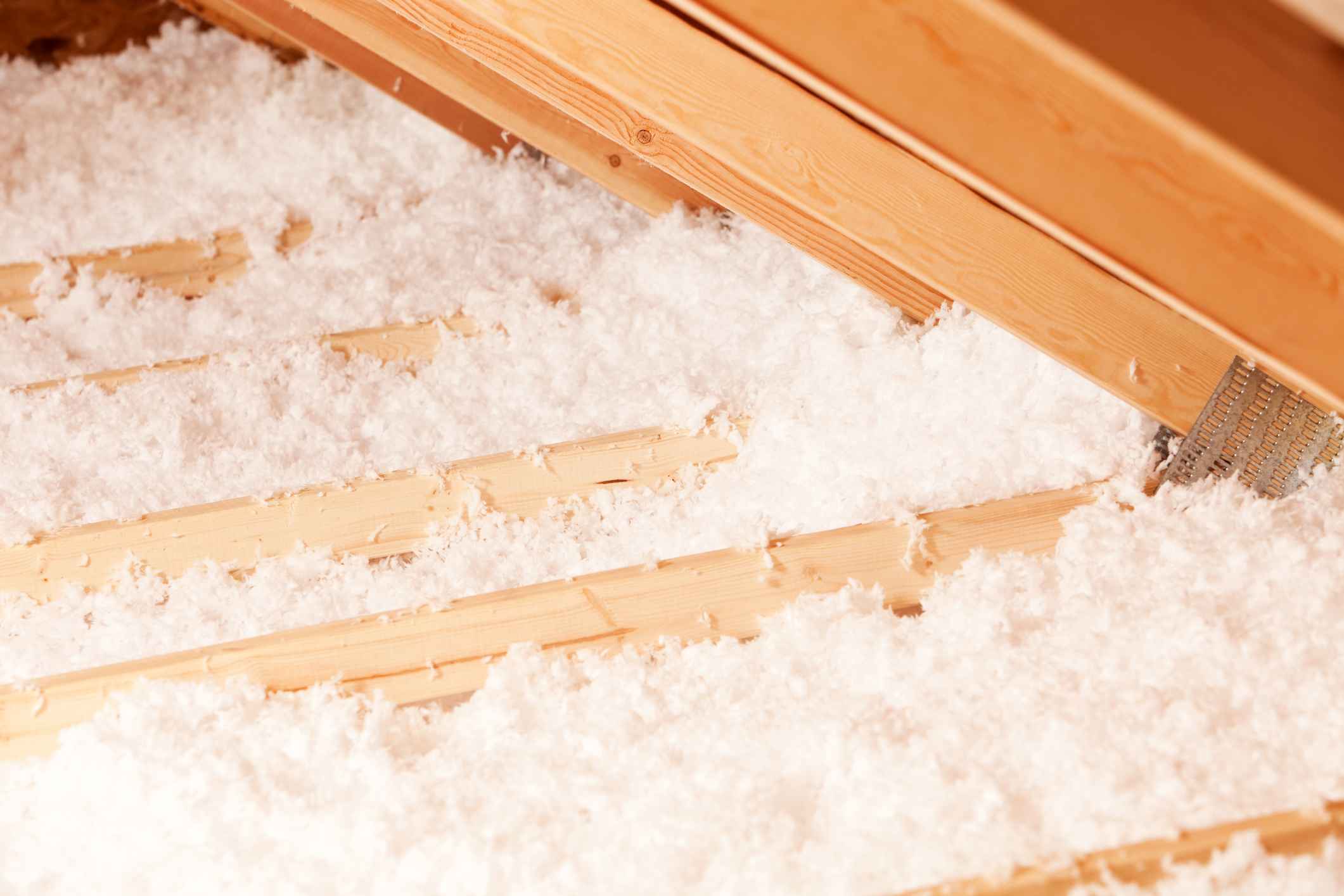
Is Your Austin Home Using Too Much Energy? Here’s How a Free Energy Audit Can Help You Save Big
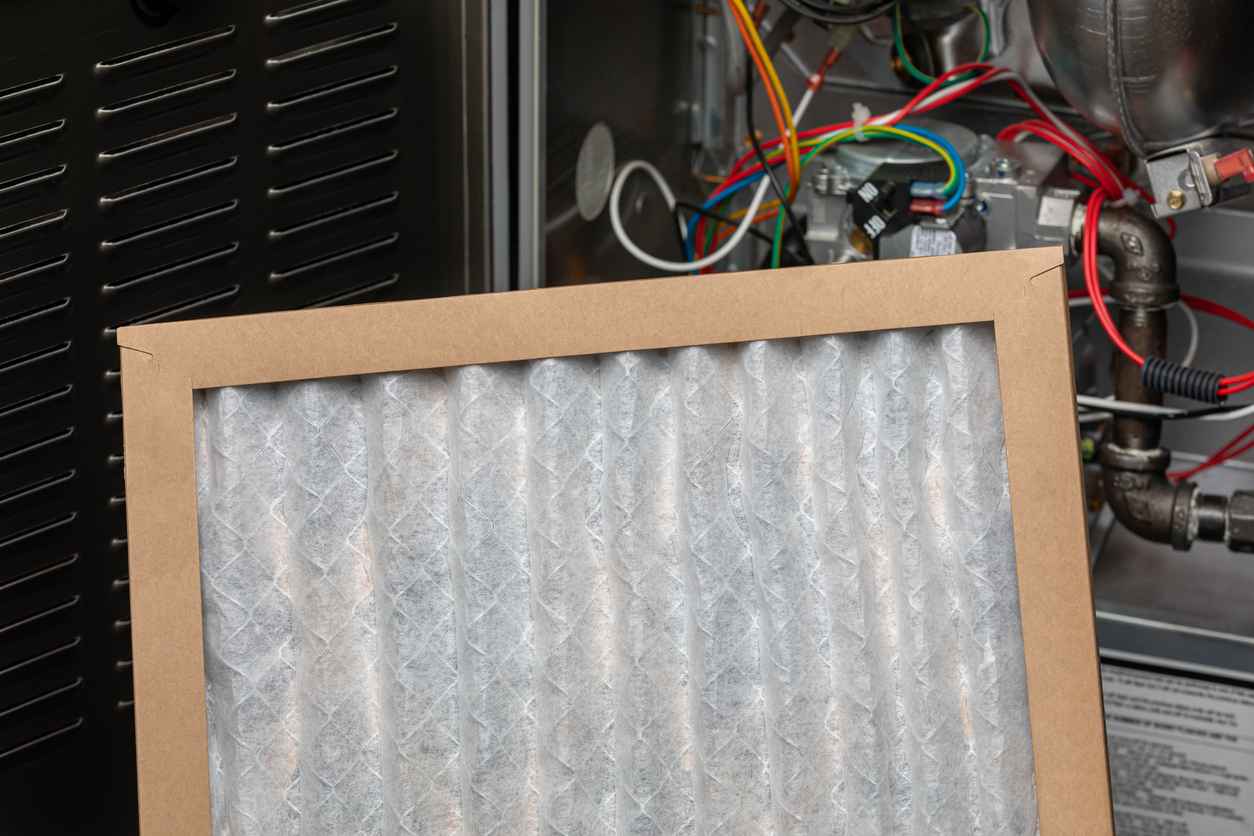
Cold Snap Coming? What Austin Homeowners Should Do Now to Prevent Heat Loss and Heating System Failure
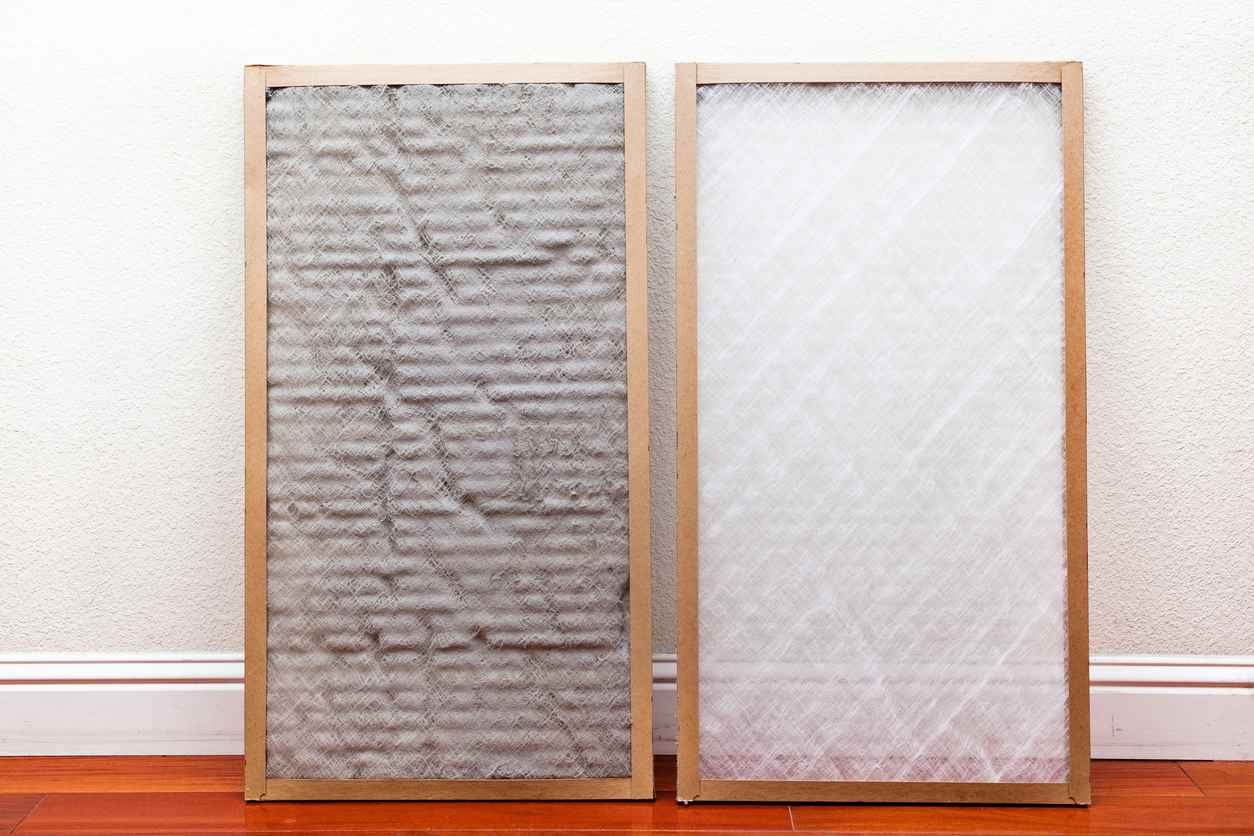
Best HVAC Filters for Cedar Fever in Austin

HVAC Maintenance Tips for West Lake Hills Homes with Larger Floor Plans and Multiple Zones
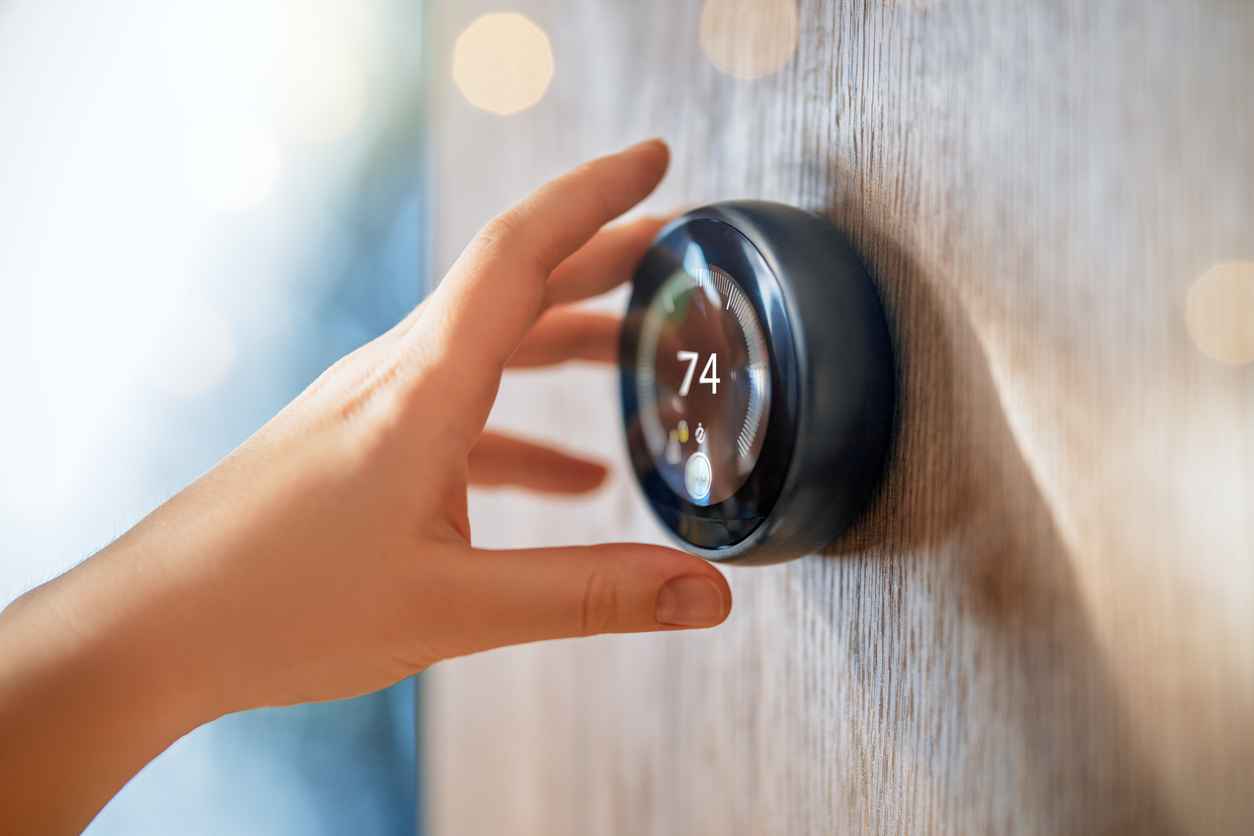
How Austin Homeowners Can Prepare Their HVAC Systems for Sudden Winter Cold Snaps
